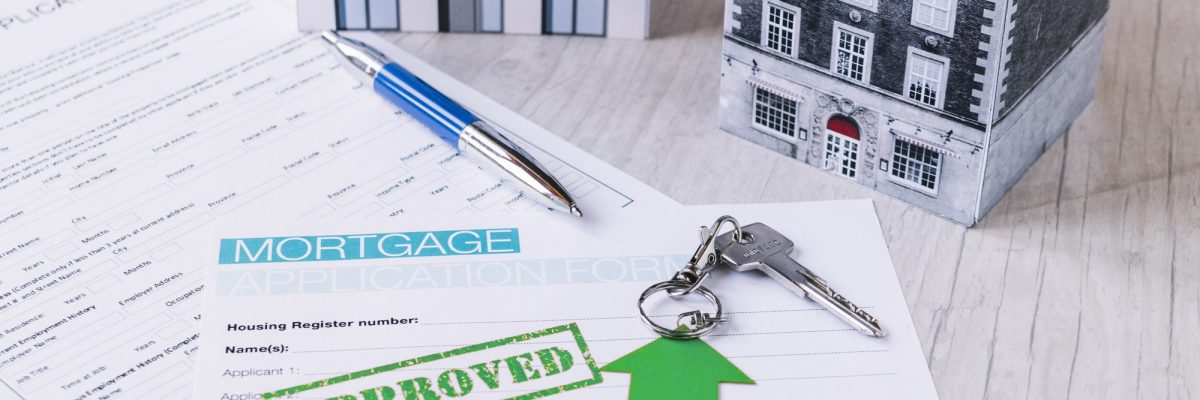When buying, selling, or renting property in Australia, one key consideration for both buyers and sellers is the Goods and Services Tax (GST). While GST is a well-known part of many commercial transactions, its treatment when it comes to residential property can often cause confusion. While it is always best to consult a property accountant or accountant Melbourne, in this blog, we break down whether GST is payable on residential property transactions and what you need to be aware of.
Understanding GST in Property Transactions
The Goods and Services Tax (GST) is a 10% tax applied to the supply of most goods and services in Australia. The rules surrounding GST can be quite complicated when it comes to real estate transactions (and hence consulting with a property accountant is recommended). Whether GST applies depends on the nature of the property (residential or commercial) and the type of transaction.
Is GST Payable on Residential Property?
In most cases, GST is not payable on residential property transactions. However, this depends on several factors, such as whether the property is new, existing, or being used for rental purposes.
1. Sale of Existing Residential Property (the most common example)
- The sale of an existing residential property is input-taxed, which means GST is not payable on the transaction.
- For sellers, this also means they cannot claim GST credits on any expenses related to the sale of the property.
Example: Suppose you purchased a second hand (i.e. not newly built) property and lived in it as your principal place of residence for 10 years. If you are now selling that house, no GST applies to the sale.
2. Sale of New Residential Property
- The sale of a new residential property is subject to GST. A property is considered “new” if:
- It has never been sold as residential property before
- It has been built or substantially renovated and not previously sold.
- Developers or builders who sell newly constructed houses, apartments, or townhouses must include GST in the sale price.
- The sale of a new residential property is subject to GST. A property is considered “new” if:
Example: Suppose you purchase a brand-new apartment from a property developer. When setting the price for the property the developer must allow for the fact that they need to pay GST to the ATO. So, if the developer quotes you $1,100,000 for the property, this amount will include GST. You will pay $1,100,000 for the apartment and some of this money will have to be paid to the ATO by the developer as GST.
3. Rental of Residential Property
- Renting out residential property is also input-taxed, so landlords do not charge GST on rent.
- Similarly, landlords cannot claim GST credits on expenses incurred in relation to the rental property (e.g., repairs, maintenance).
Note: This only applies to residential property. Commercial property rentals follow different GST rules. So, for example, if you buy a house to rent out, you can charge $800 a week rent without having to add on an extra 10% for GST.
4. Substantial Renovations
- If a property has undergone substantial renovations, it may be considered a new residential property for GST purposes.
- Substantial renovations involve significant structural changes to the building, not just cosmetic updates like repainting or replacing fixtures.
- If you then sell this property for say $1 million, you may not receive the entire $1 million as some of this money may need to be paid to the ATO as GST.
- As this is a quite complex area, we suggest you contact your property accountant with any further questions.
Commercial vs. Residential Property
It is important to note that GST rules differ significantly for commercial properties:
- GST is generally applicable to the sale or lease of commercial properties unless the transaction qualifies for exemptions (e.g., as part of a going concern).
- When dealing with property transactions, always confirm whether the property is classified as residential or commercial to determine the GST implications.
- So, for example, suppose a vendor (seller) wants to sell an office for $800,000. Unless an exemption applies, the vendor will charge you $880,000, which is $800,000 plus another 10% for GST. The purchaser, more often than not, will be able to claim back the $80,000 GST from the ATO by lodging a BAS statement. Again, this area is quite complex so best to contact an accountant Melbourne with further questions.
Key Points for Buyers and Sellers
- Sellers of residential properties should assess whether the property is new or existing to determine if GST applies.
- Buyers should check whether the purchase price includes GST, especially when dealing with developers or builders or vendors of commercial properties.
- For investors and landlords, remember that residential rental income is input-taxed, so no GST applies to rent.
Final Thoughts
In summary, GST generally does not apply to the sale or rental of existing residential property, but it does apply to new residential properties and substantial renovations. Understanding the GST rules in property transactions can help you avoid unexpected tax liabilities or compliance issues.
If you are unsure about the GST implications for a property transaction, it is always best to seek advice from a qualified accountant Melbourne or property accountant such as Nobel Thomas.


